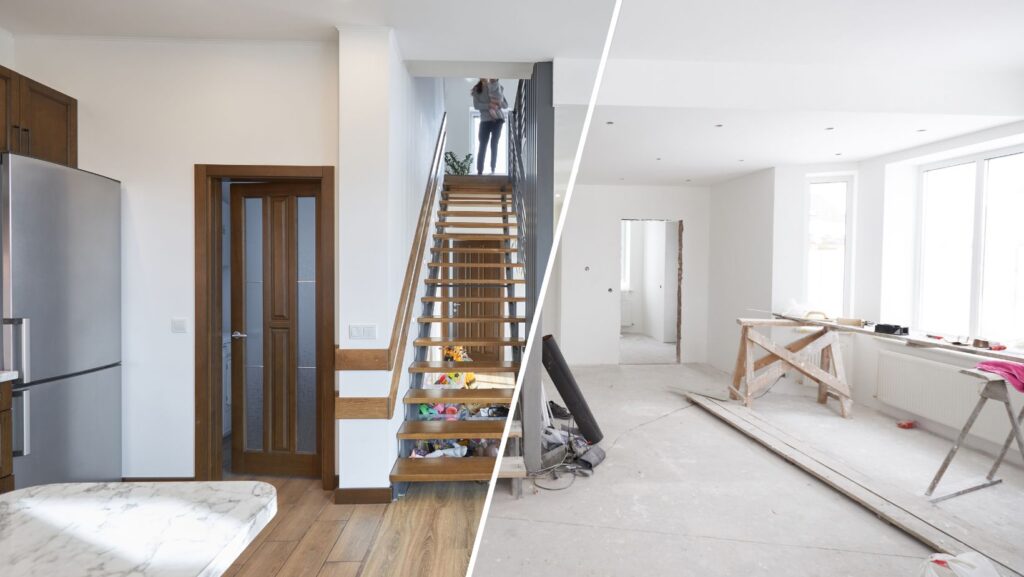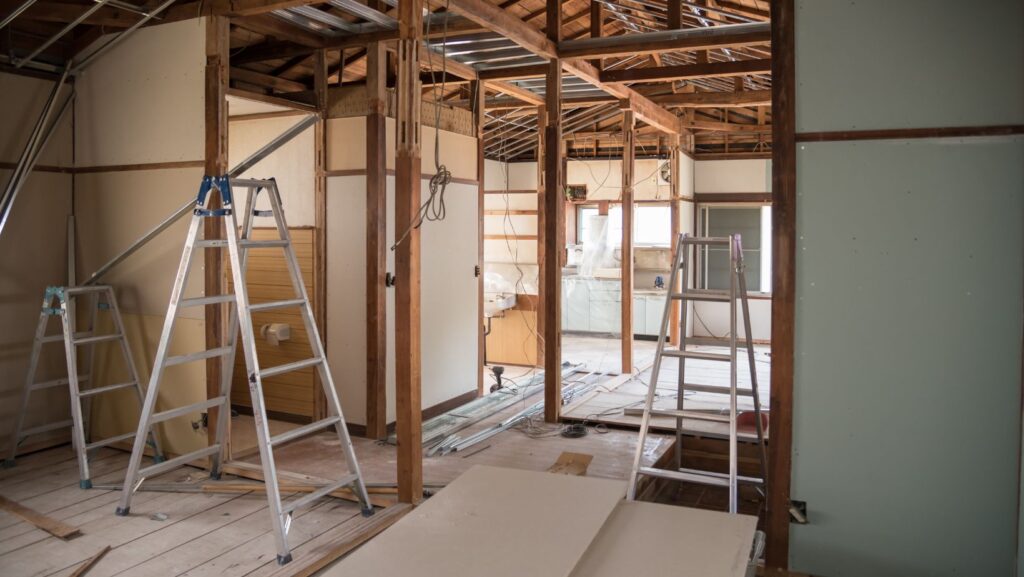Home renovation in Georgia comes with more than just design plans and construction work—it also requires navigating a complex web of state and local laws. For contractors, understanding these regulations is not optional but essential for building a strong reputation and avoiding costly penalties. Many professionals rely on resources such as Georgia contractors license packages to ensure they meet the right requirements before taking on projects. From permits to insurance, contractors must stay informed about every legal aspect of their work to protect both their businesses and their clients.
The Importance of Licensing in Georgia
Licensing is the cornerstone of compliance for contractors working in Georgia. The state requires contractors in specific fields, particularly general and residential construction, to hold an active license before engaging in projects above a certain value threshold. This requirement is designed to safeguard homeowners from unqualified work while also elevating the standards of the contracting industry.
For contractors, having the proper license does more than satisfy regulations. It also increases credibility in a competitive market. Clients are far more likely to trust a professional who has met the state’s training and examination requirements. Additionally, licensed contractors gain access to larger projects and more lucrative bids, expanding their growth opportunities.
Understanding Permits and Inspections
Beyond licensing, contractors must navigate the permitting process that governs nearly every type of renovation project in Georgia. Permits ensure that all work meets building codes, zoning laws, and safety standards. Projects such as electrical upgrades, structural changes, or major plumbing installations all require permits issued by local jurisdictions.

Once a permit is granted, inspections become another key step. Inspectors review the work at different stages to ensure compliance with building codes. Failure to obtain the correct permits or pass inspections can lead to fines, project delays, or even the requirement to undo completed work. Contractors who stay proactive in managing this process protect their clients and maintain smooth workflows.
Zoning Laws and Local Regulations
Contractors in Georgia must also be aware of zoning regulations that vary between counties and municipalities. Zoning laws dictate how land and buildings can be used, which directly impacts renovation plans. For example, an addition to a home may be restricted by setback requirements or neighborhood-specific guidelines.
Local ordinances can also introduce unique requirements. Some communities regulate the types of materials that can be used on exterior projects, while others may have rules about tree removal or historic property preservation. Contractors who take the time to understand these local nuances can provide accurate advice to clients and avoid surprises that derail projects.
Insurance and Liability Compliance
Another critical component of Georgia’s renovation laws involves insurance. Licensed contractors are often required to carry general liability insurance and workers’ compensation coverage. These protections shield contractors from financial losses in case of accidents, property damage, or employee injuries on the job site.
Having the right insurance not only ensures legal compliance but also provides reassurance to clients. Homeowners are more willing to work with contractors who demonstrate they can handle unexpected situations responsibly. This commitment to safety and accountability is a defining trait of successful construction professionals in Georgia.
Staying Informed on Continuing Education and Updates
Regulations in Georgia do not remain static. Contractors are often required to pursue continuing education to keep their licenses current. These courses update professionals on changes to building codes, safety practices, and legal requirements. Skipping this step can result in expired licenses or missed opportunities for advanced projects.
Beyond formal education, contractors benefit from staying updated on new laws and industry trends. Legislative changes can alter permit processes, inspection standards, or licensing rules. Those who make ongoing learning a part of their professional culture are better equipped to serve clients and compete in the marketplace.
Building Trust Through Legal Compliance
At the heart of these requirements lies the goal of building trust between contractors and their clients. By adhering to licensing, permitting, and zoning laws, contractors show their dedication to professionalism and quality. Compliance not only avoids legal issues but also provides a strong selling point when marketing services.

Clients often choose contractors based on reputation and reliability. Demonstrating a clear understanding of Georgia’s home renovation laws allows contractors to stand out in a crowded industry. It also helps reduce disputes and fosters smoother project experiences for homeowners.
Conclusion
Navigating home renovation laws in Georgia requires contractors to be diligent, informed, and proactive. From securing licenses and permits to understanding zoning laws and maintaining insurance, every detail matters in building a compliant and trustworthy business. By leveraging resources like Georgia contractors’ license packages and committing to continuous education, contractors can confidently take on projects that satisfy both legal standards and client expectations. Ultimately, success in the Georgia construction industry depends not only on craftsmanship but also on a contractor’s ability to navigate the legal landscape with care and professionalism.


More Stories
Long-Term RV Storage: Why Structure Height Matters
How to Plan a Micro Cafe Kitchen in 60 Square Feet
How Delivery to Europe Works Step by Step